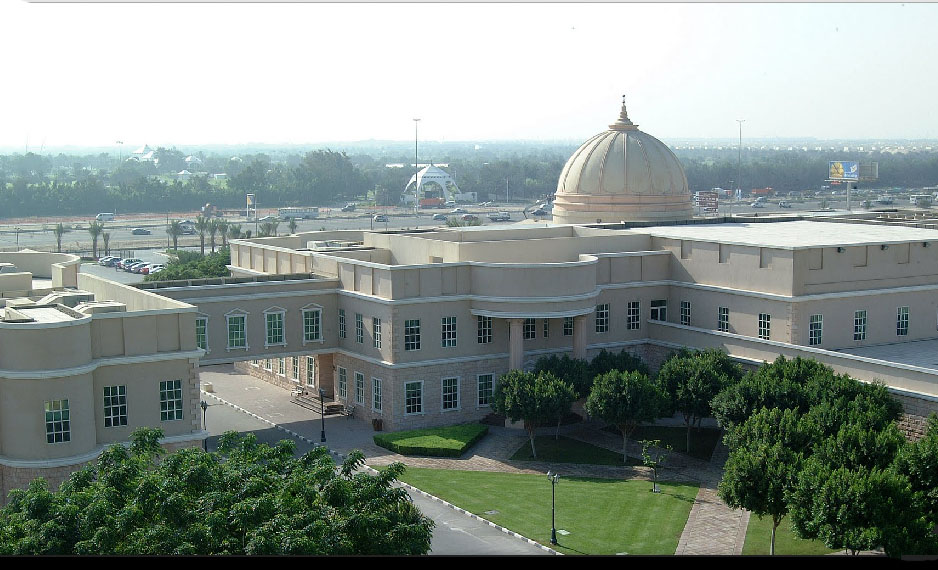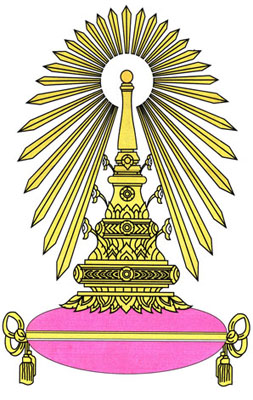ASIAN MEDIA INFORMATION AND COMMUNICATION CENTRE (AMIC)
24th INTERNATIONAL CONFERENCE
Communicating in an e-Asia: values, technologies, and challenges
in partnership with the American University in Dubai (AUD) Dubai, United Arab Emirates
10th-13th June, 2015
CALL FOR PAPERS
Globally, the last decade has seen exponential growth in the use of mobile technologies and the Internet. From e-mail to e-governance, e-commerce to e-learning, Internet usage has changed the way the world communicates.
At the forefront of the electronic and digital revolution in Asia has been the mobile phone. Recent International Telecommunication Union (ITU) statistics indicate that in the period from 2005 to 2013, mobile (cellular) phone subscriber numbers in the Asia-Pacific region have soared from 833 million to 3,547 million users. The era of an e-Asia has dawned.
The benefits of instant, intranational and trans-border communication have impacted upon almost every aspect of life, with mobile phones and the Internet providing new pathways for inter-personal communication, business and commercial enterprise, community development, educational opportunity, governance, and democratic reform. Information and communication technologies (ICTs) are an enabling factor in supporting marginalized societies to more beneficially interact with a broader citizenry, while the convergence of computers, media, and telecommunications has created new platforms for entrepreneurship, education, and political inclusion.
However, in the Asia-Pacific region, where cultural traditions and family values are hugely respected and deeply ingrained, the influences of a new ‘e-Asia literacy’ are impacting on social conventions, etiquette, language and community structures. In a homogenized international ‘knowledge society’ where communication processes transcend national boundaries, the retention of traditional values and ways of life are increasingly challenged.
Conference streams (including):
- communication and society
- cultural impact of ICTs
- social media and society
- youth and the Internet
- e-learning, trends and possibilities
- media and a free press
- communication and marginalized communities
- ICTs and development
- the ‘knowledge society’
- future of communication technologies
- remote/island societies and new technologies
- media and gender
- society and new media
- education and new technologies
- development communication and social change
- broadcasting, past and present
- freedom of expression in transition societies
- media history
- communication theory and ethics
- environment, climate and communication
- print media, past and present
- socio-political development and media
- cross-cultural influences and developments
- policy and communication
- media empowerment
CALL FOR PAPERS
Papers will be selected on a competitive basis and all submissions will be screened by an expert panel.
Abstracts due: 05 January, 2015
Notification of acceptance 05 February 2015
Full papers due: 16 March, 2015
Abstracts and papers should be submitted via e-mail (conference@amic.org.sg). Please do not send papers to the personal e-mail addresses of conference organizers.
Papers accepted for presentation at the cancelled 2014 AMIC Conference in Thailand still qualify for presentation. Authors should confirm their intent to present on or before 05 January 2015.
FORMAT FOR ABSTRACTS
Indicate your proposed “Conference Stream” in the subject line of your e-mail.
E-mail should include the following:
- paper title
- author name, position, institution
- short biography of author (100 words)
- paper abstract (500 words)
FORMAT FOR PAPERS
Indicate “Full Paper” and relevant conference stream in the subject line of your e-mail.
Papers:
- should be written in English.
- be of 5,000-8,000 words in length.
- have citation in APA style.
- should be Microsoft Word or RTF document. Font should be Times New Roman, 12 pts. Please use plain text and not formatting.
For more information, please contact Mr. Ramon Tuazon (rrtuazon722@yahoo.com or r.tuazon@amic.org.sg)
Note to all authors: By submitting your paper, you agree that if your paper is selected, you will register for the conference and present the paper. All co-authors attending and/or presenting at the conference must register too.
CRITERIA FOR REVIEW
Abstracts
Criteria to be used to evaluate abstracts include the following:
- Relevance of the topic to the conference theme
- Well-defined topics /issue(s) to be examined and discussed
- Originality and innovativeness of topic
- Adherence to solid research design and methodology (for research-based papers)
- Limitations identified (for research-based papers)
- Good language and writing quality and logical organization of paper
- Potential contributions to the advancement of communication theory, research and practice
Full Papers
Criteria to be used to evaluate abstracts full papers include the following:
- Extensive and appropriate literature review
- Good writing quality, e.g., style is clear and engaging
- Logical organization of paper
- In-depth and evidence-based analysis and conclusions
- Concrete recommendations for research, policy, and action projects
- Publication-ready







